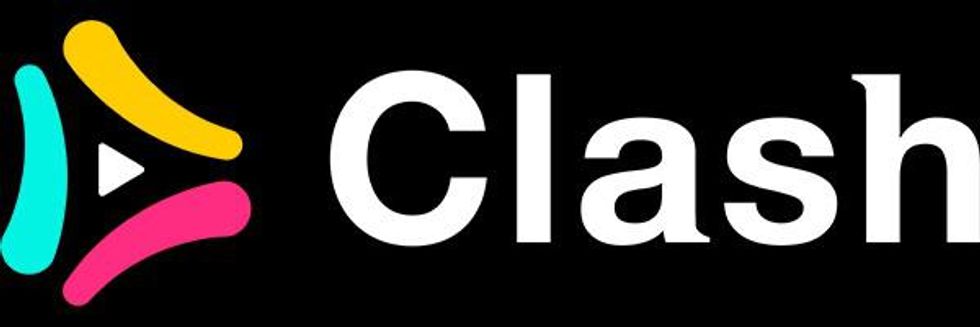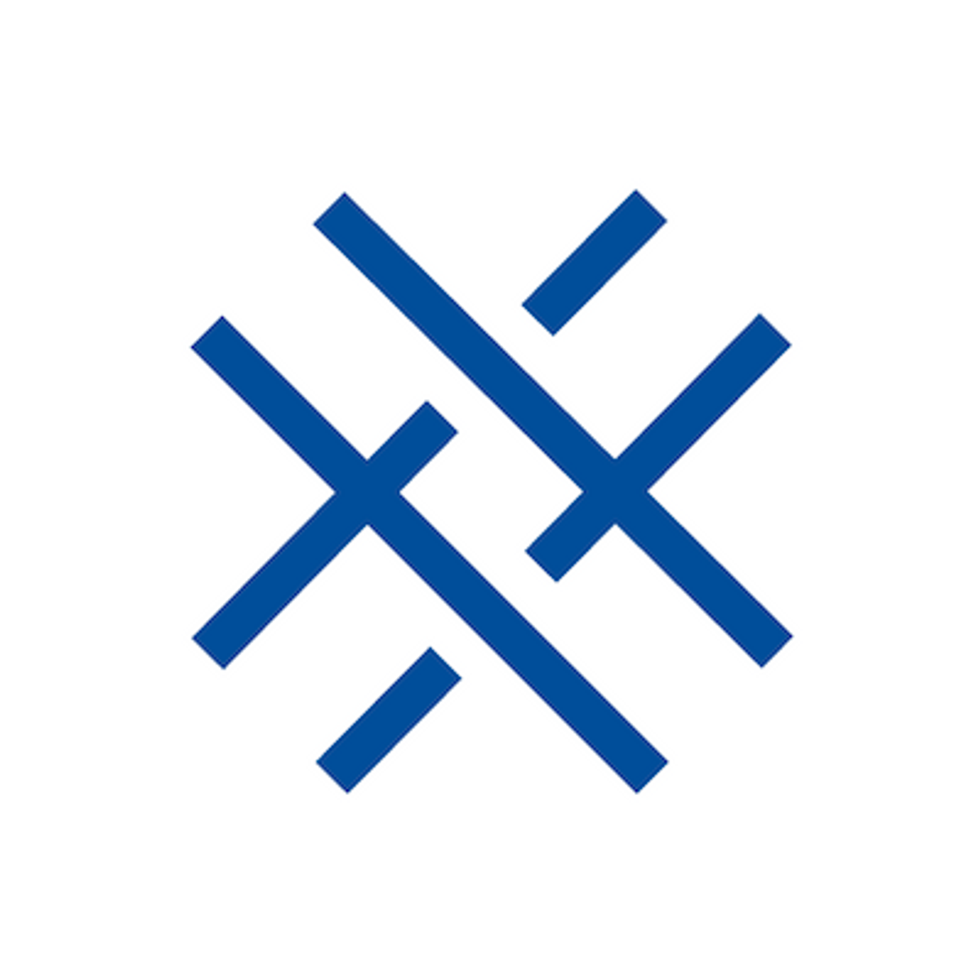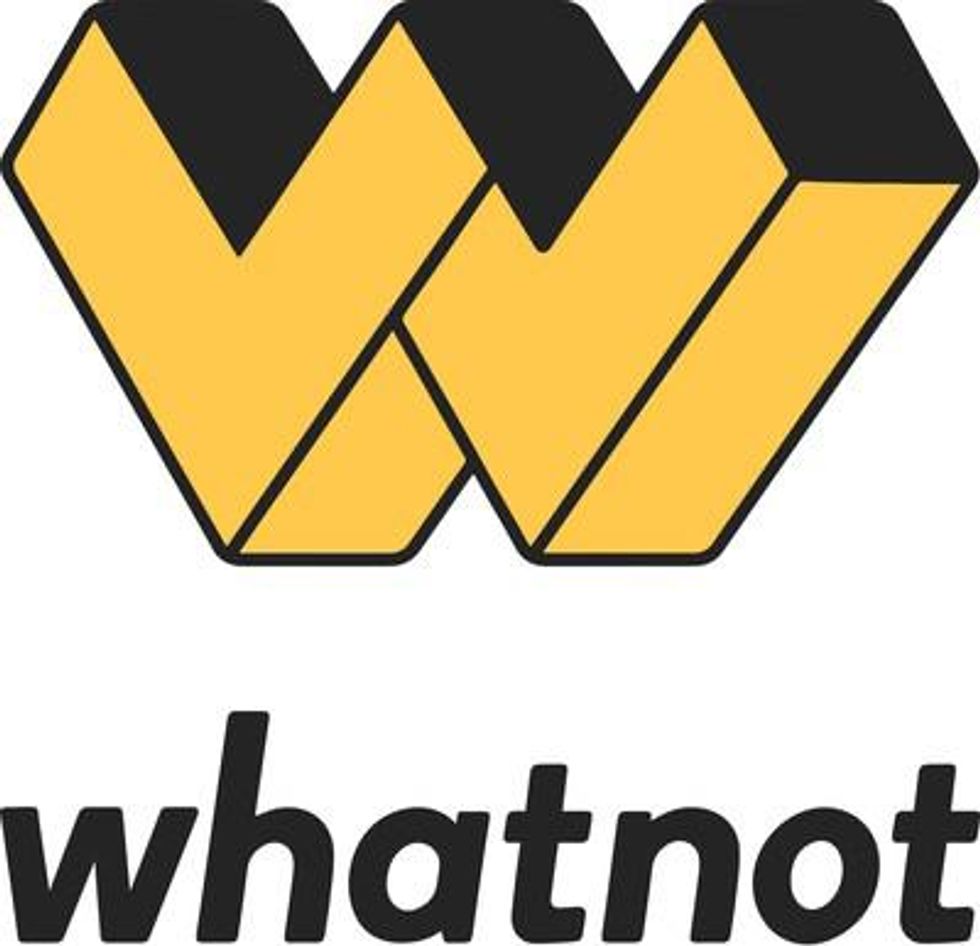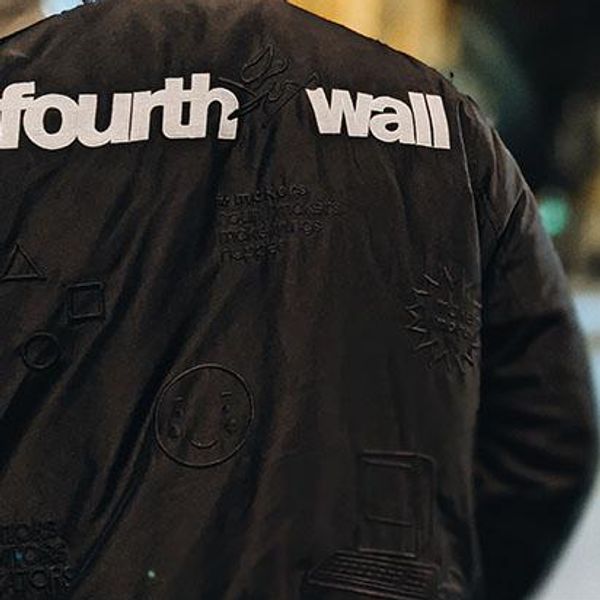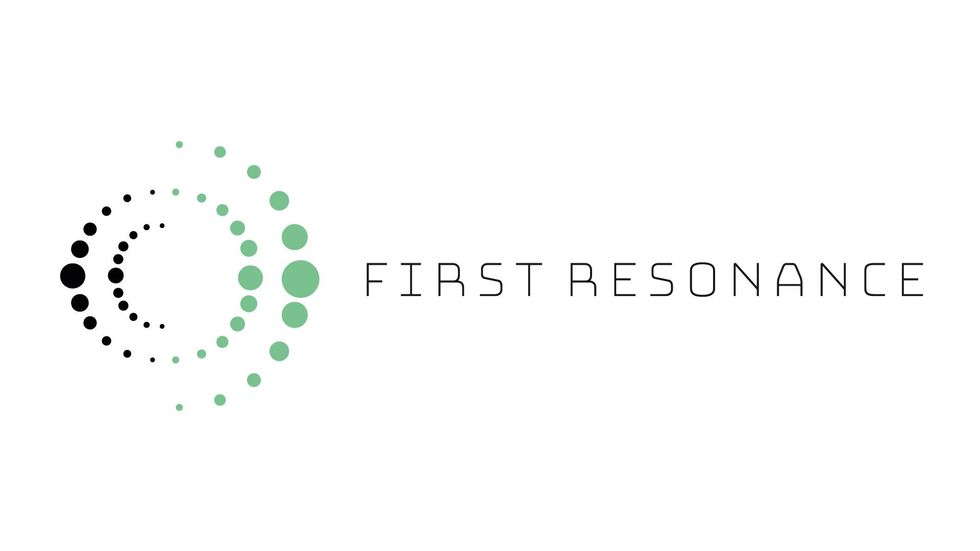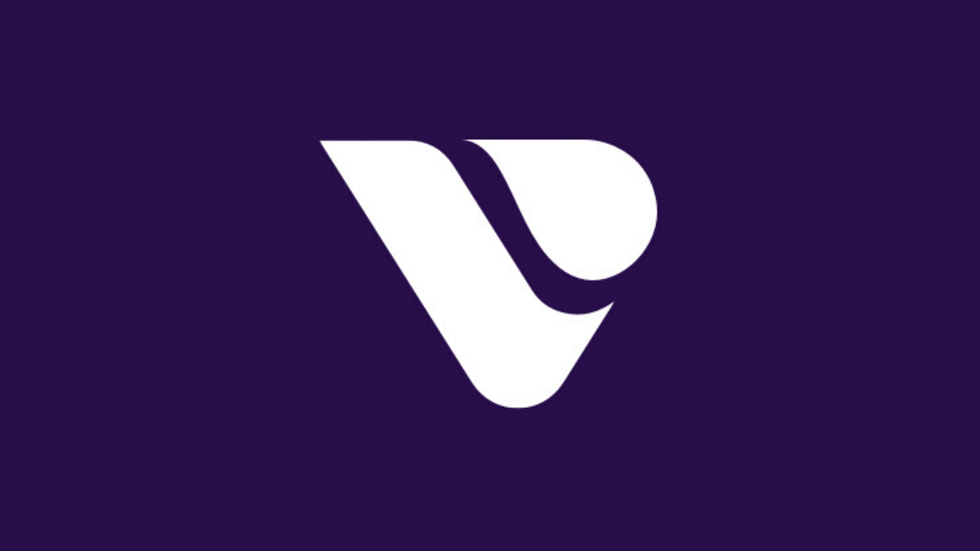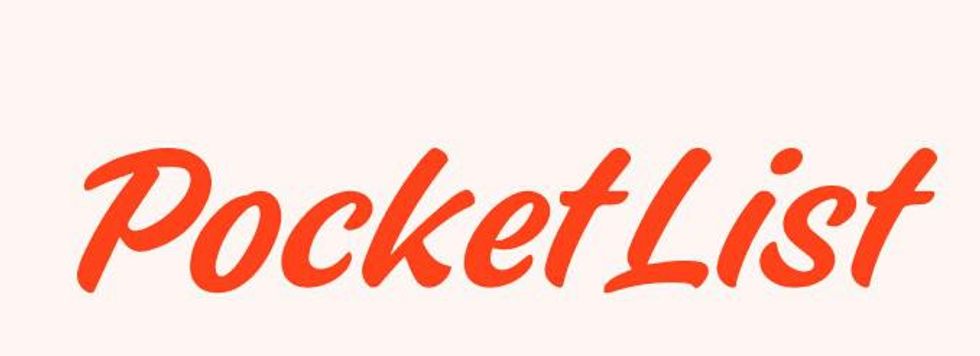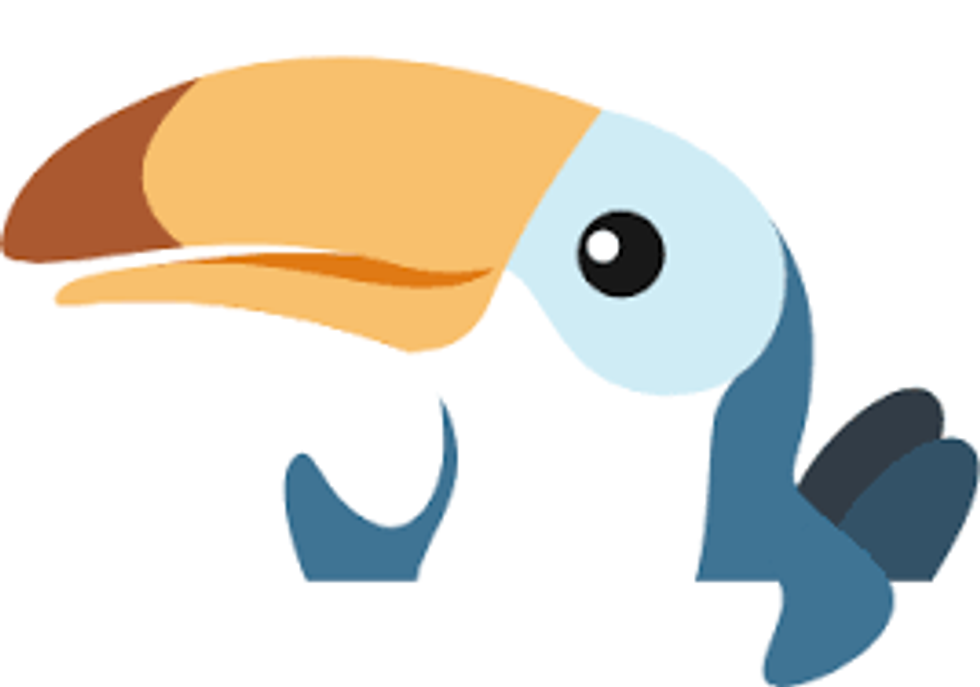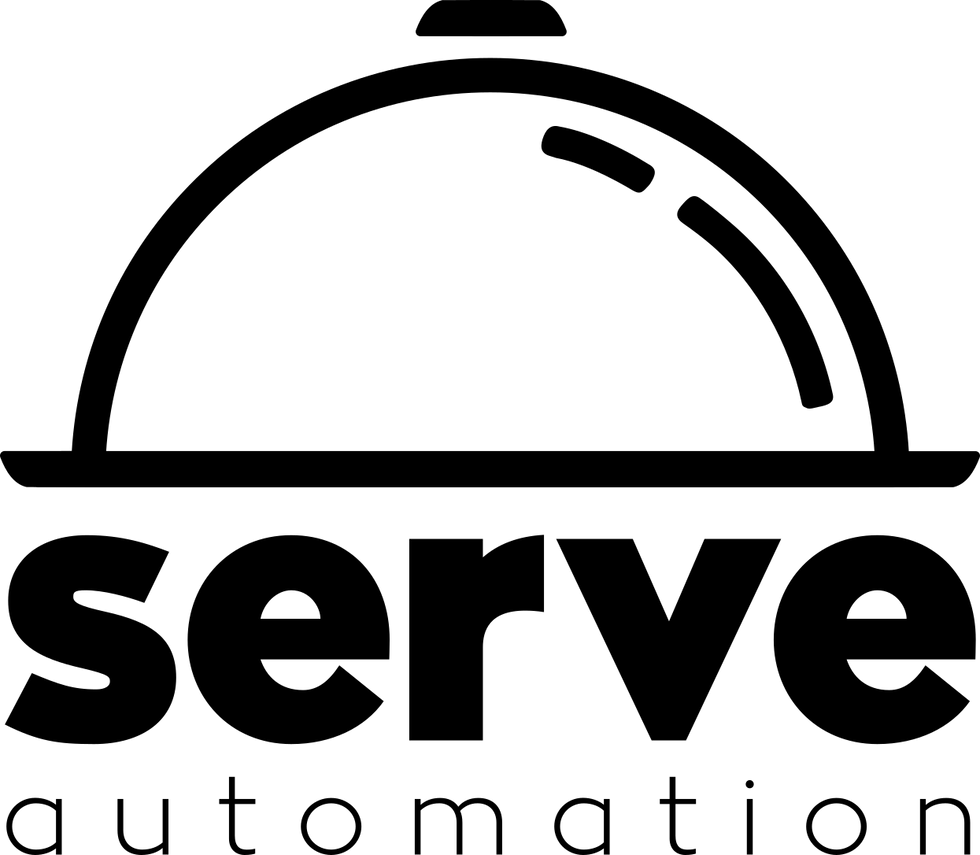It's no accident that this has been a banner year for direct-to-consumer furniture brand Outer. The Santa Monica startup co-founded by a former Pottery Barn designer seemed to emerge just as people were forced to stay home and its showroom concept seemed appropriately tailored to the social distanced demands of the pandemic world.
The company, which uses customer's backyards as a showroom for potential customers, is now looking to go beyond retail sales.
Outer CEO Jiake Liu said the company wants to furnish hotels, shopping malls and other businesses with their $95 throw pillows and outdoor sectional couches that retail at upwards of $9,000. And it's got some help. Outer announced on Thursday it raised a $50 million Series B round led by Chinese investor and Capital Today founder Kathy Xu.
"We're pretty excited to start testing the waters for working with hospitality groups: hotels, restaurants, and also shopping centers soon," Liu said.
The global outdoor furniture market topped $15.7 billion in 2020, and it's expected to grow 5.7% by 2027, according to a September report from Global Market Insights. The market was already on the rise before the pandemic, but like many industries, the coronavirus accelerated the existing growth trends.
Outer distinguishes itself from competitors like IKEA, Home Depot and Pottery Barn with their high-end eco-friendly designs inspired in part by co-founder and Chief Design Officer Terry Lin.
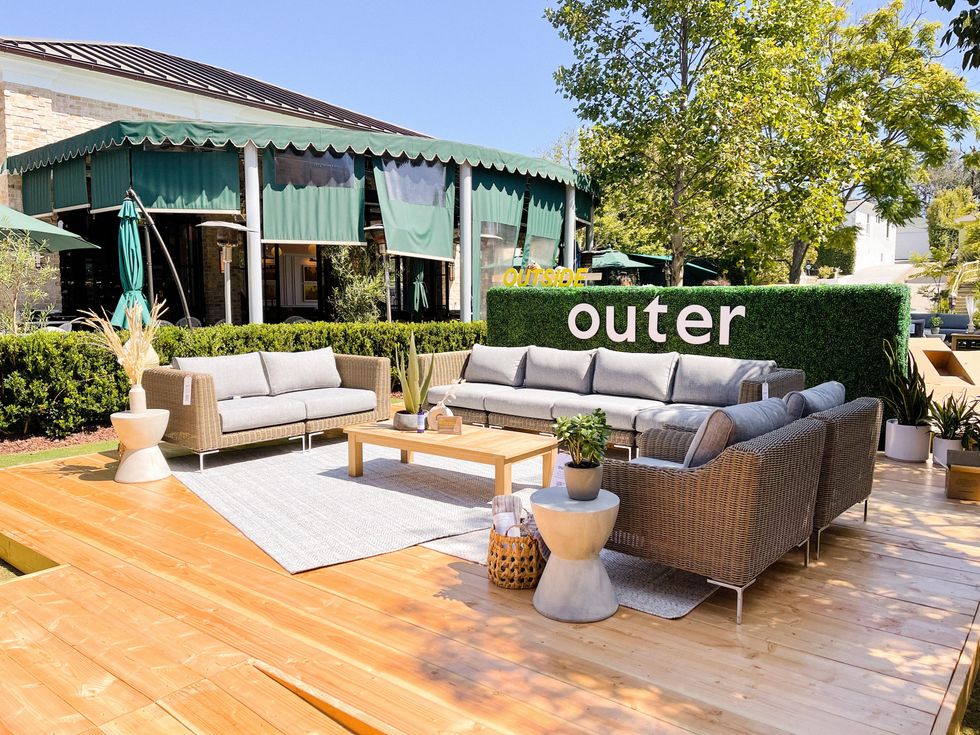
The company's wicker furniture, blankets and rugs are all made with recycled materials and Liu wants to use some of the Series B funds to invest heavily in making Outer's materials renewable.
A 2019 report from Grand View Research found that while residential purchases of outdoor furniture are still holding steady globally, the real growth is in the commercial sector. The report predicted explosive growth in commercial markets in Asia, including India and China, where Outer does its production at Liu's family-owned factory.
"The area that I'm from, there are a lot of master craftspeople that can actually weave rattan and this all weather wicker," Liu said. "It's a technique that we can't find that readily available in the U.S."
The facility isn't owned by Outer, but it's affected by its demand for sales. Liu said with the pandemic spurring customer demand, the production facility hired roughly 100 people in China over the past 18 months.
"I am really bullish about this marriage of Chinese supply chain and American design," Liu said despite the COVID-related supply chain disruptions that have delayed supply chains and bottle-necked the Los Angeles and Long Beach ports that it relies on.
Liu wants to use some of the Series B funds to invest heavily in making Outer's materials renewable. The company's wicker furniture, blankets and rugs are all made with recycled materials.
New investors Tribe Capital, C Ventures and Santa Monica-based Upfront Ventures joined the round, alongside participation from existing investors Santa Monica-based Mucker Capital, Marina Del Rey-based Mantis VC and Reimagined Ventures.
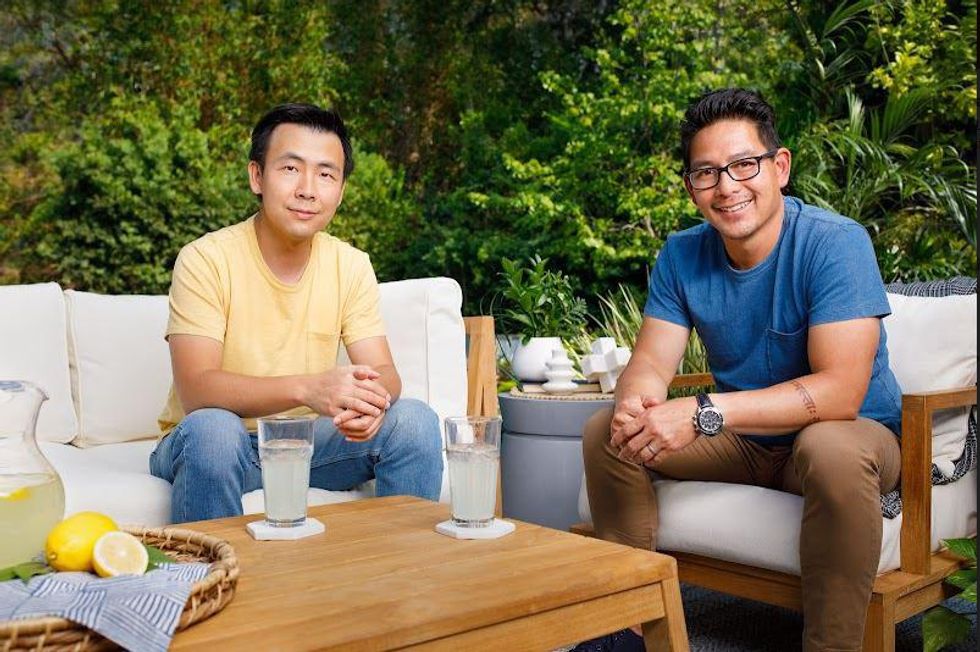
Since its launch in May 2019, the company has raised $65 million.
Liu says Outer's pricing reflects the supply chain and added that the production of its woven materials is difficult for Outer to do outside of China, where his family is from.
Another factor spurring Outer's growth is its unique model for showrooms. Instead of leasing costly real estate to operate a showroom, the company recruits existing customers who own their furniture to join its neighborhood showroom program. The furniture owners earn $50 per showing plus a 10% discount, and often network with people in their neighborhood to show off their new setups and encourage them to buy in.
"There is a huge influx of just customers, looking for anything for their yard" or outside spaces, Liu said. "There's never been this level of demand and it's largely catalyzed by the pandemic."
Linda Kruse is a member of the neighborhood showroom program. Kruse said she found Outer while looking for "gorgeous and interesting" furniture for her backyard in her new Woodland Hills home a couple years ago and was the third person to sign up for the home showroom program.
Kruse said beyond the designs and durability, the eco-friendly aspect of Outer was a selling point.
Outer counted 1,000 virtual showrooms across the country as of July. The company employs 70 people in its offices, but Liu said it'll use some Series B cash to hire more people and double its headcount by next year.
"The big selling feature was that they guaranteed their product for 10 years," Kruse said.
- How Outer Aims To Disrupt The Outdoor Furniture Industry - dot.LA ›
- Outer Founders on Why 2021 Could Be Their Best Year Yet - dot.LA ›
- Online Furniture Retailer Outer Raises $4.3 Million - dot.LA ›


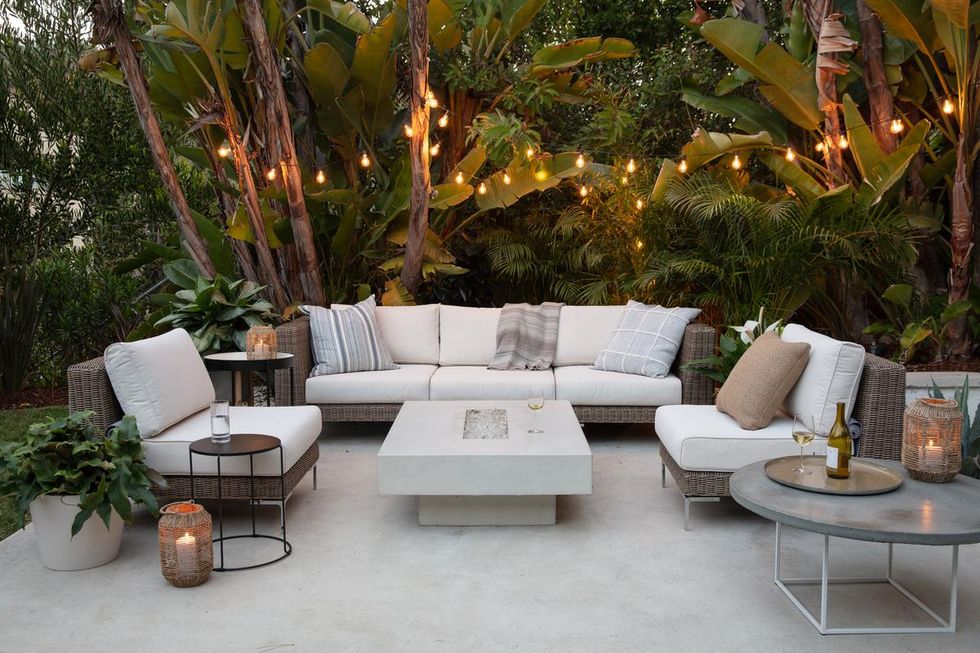 Outer's popular five-piece outdoor sofa set retails for $5,850Courtesy of Outer
Outer's popular five-piece outdoor sofa set retails for $5,850Courtesy of Outer
